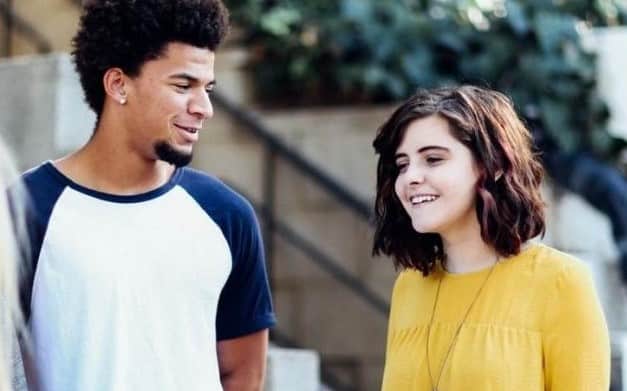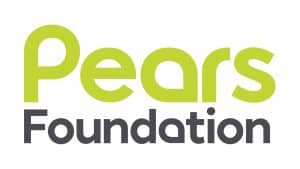By Oliver Glick, Children and Young People’s Mental Health Coalition
‘This is the first conference I’ve been to of this nature, bringing perspective together from the four home nations.’ So said Professor Dame Sue Bailey, who has seen a conference or two in her time helping to transform children and young people’s mental health. If this conference, organised by ‘Together for Children and Young People’ in Cardiff, was a first for Sue, then it was a first for the politicians, children’s commissioners and frontline workers gathered. Not to mention the large number of children and young people themselves present, who spoke with great clarity and passion on the challenges they face.
So often their voices are overlooked, ironically about the very thing that affects them the most. But today, at a day focused on the workforce, they outlined the changes required to support them in their mental health. They asked pressing questions of the Welsh Minister for education, Kirsty Williams, who reminded us that mental health and wellbeing weren’t just up to teachers in schools, and assured us that NHS and public health services would be integrated.
Mental health is affected by so many areas of our lives. It was therefore fitting and crucial that such a wide range of decision makers and service providers were learning from and teaching each other, from schools to hospitals, psychology to social care.
Kirsty highlighted the establishment in Wales of an adverse childhood experiences (ACE) hub specialising in equipping and training schools. They pride themselves on coproduction with children, families and communities, to best equip schools to tackle and prevent ACEs from occurring. They have worked with 600 schools already. It is a practice the other nations could certainly draw from. The hub’s ethos is of gathering resources from each of the groups involved, a telling theme that developed across the day.
Mental health is affected by so many areas of our lives. It was therefore fitting and crucial that such a wide range of decision makers and service providers were learning from and teaching each other, from schools to hospitals, psychology to social care.
Illustration by Laura Sorvala _auralab
The Northern Ireland children’s commissioner, Koulla Yiasouma, spoke passionately about the fight in her nation for better children’s mental health across workforce. She called for groups from other countries to share best practice and innovation with them. So often, a small change in approach can yield amazing results. It is only if we keep communicating and working together across nations and workstreams that we will maximise change for every child.
So often their voices are overlooked, ironically about the very thing that affects them the most. But today, at a day focused on the workforce, they outlined the changes required to support them in their mental health.
Throughout the conference, examples were shared of the ways we can improve young people’s mental health through working between nations to share best practice. For instance, the conference gave clinical psychologists in London the opportunity to hear from adoption agencies in Swansea. Though it is the path of least resistance to work in silos, a bit of effort goes a long way in learning from others – even in fields we may not initially think are relevant.
The ethos of coproduction and communication is also crucial for supporting under 25s in the challenging transitions they make. From childhood to adolescence, and from adolescence to adulthood, the environments and services provided for young people constantly change. This was clearly an important subject for the young people who spoke so well throughout the day. Conference attendees agreed that continuity of care was vital for supporting young people throughout transition phases.
The importance of getting children, young people and their carers’ voices heard and put at the heart of decision-making shone through. For instance, an NSPCC workshop on young people with care system experience was delivered by people who themselves had been through the system. They now sit on government advisory boards, and the value of lived experience voices in the national discussion was clear.
The importance of getting children, young people and their carers’ voices heard and put at the heart of decision-making shone through.
Leaving the day, it was clear how much we can learn from each other. Innovations and measures that help our children to thrive exist out there. But by sharing our findings and methods, we can reach more and more children who desperately need help. Yes, the systems, budgets and cultures are different. But, in the words of Jo Cox, there is far more that unites us than divides us. We are united by an urgent desire to see our children and young people happy and healthy.
Our governments must lead the way with a strategy that considers all the factors that affect mental health. But in the meantime, we can take steps towards our shared vision by making the most of coproduction and sharing our best work.






